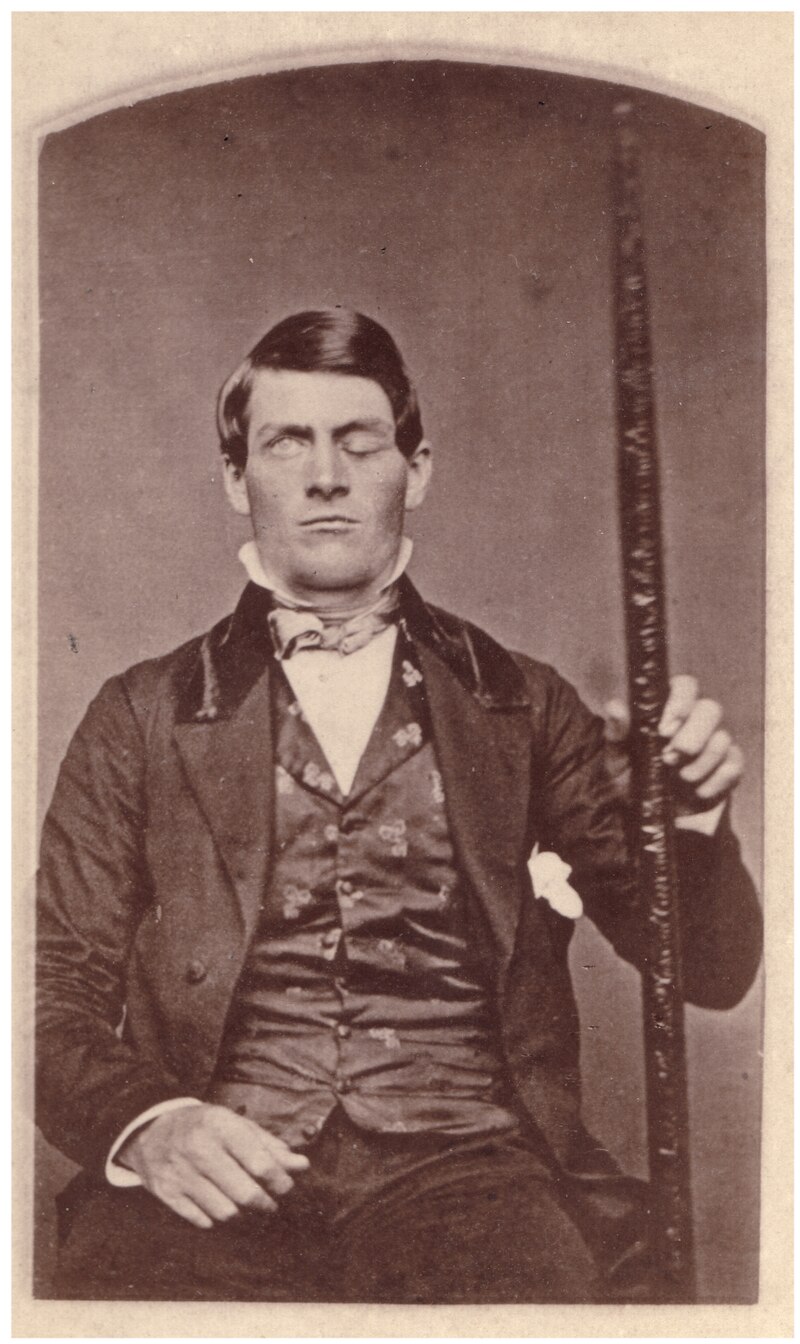Rethinking Executive Function and Its Development
Hint: It's Not Always Brain-Training Apps or Supplements
Hello, Curious Minds!
I hope you're all thriving and happy out there. We're nearing the end of our first season of the Conscious Curiosity podcast, which is bittersweet, but we've still got some fabulous discussions to go yet, so I'm glad you're still with us!
Last week, we explored Executive Function (EF) through Sabine Doebel’s TED Talk - our brain’s control system for planning, focusing, and staying on track. This week, we’re going deeper, breaking down her research paper to challenge some of the biggest EF myths. We're also discussing the unfortunate case of Phineas Gage, a man who suffered a substantial brain injury and somehow lived to tell the tale.
Let’s dive in!
Executive Function: More Than Just Self-Control
For years, EF has been seen as a set of core cognitive skills - working memory, inhibition, and flexibility - that develop with age and predict success in life. But Doebel argues that this view is too simplistic.
🔍 Instead of being a fixed ability, EF is context-sensitive and shaped by experience. Your ability to focus, resist distractions, or plan ahead isn’t just about your brain - it’s about what you’ve learned, who you’re around, and how motivated you are.
🙅♂️ This means EF isn’t just about self-control - it’s about knowing when and why to use it.
What Shapes Our Executive Function?
EF doesn’t just develop because of brain growth—it’s built through:
🧑🤝🧑 Social Influence – We learn EF strategies by watching and interacting with others. Kids who see their peers waiting for a reward are more likely to wait too.
🧠 Experience & Motivation – We don’t use EF skills in a vacuum. If a task seems pointless, EF struggles. If we care about something, we engage our best EF abilities.
🔄 Context & Environment – Your ability to focus at work vs. home isn’t just about your EF—it’s about distractions, structure, and expectations.
Why "Brain-Training" As We Once Knew It Doesn’t Always Work
You’ve probably seen apps promising to boost your focus and self-control.
Practising EF in a game doesn’t mean you’ll apply it to your job or studies. Instead, we need to build EF through real-world, meaningful activities.
So, instead of brain-training, we might want to explore…
✅ Creating environments that support EF – Minimise distractions, set clear goals, and build routines.
✅ Focusing on intrinstic motivation – If a task feels meaningless or misaligned with my values and interests, EF won’t engage. Find ways to make it personally powerful.
✅ Use social learning – Surround yourself with people who model good EF strategies back to you.
What This Means for Learning & Work
If EF isn’t just about individual ability, but experience and context, then schools and workplaces need to rethink how they support it.
📚 Education – Instead of forcing kids to "train their brains," create learning environments that encourage problem-solving, decision-making, and real-world application.
🏢 Workplaces – Focus on designing workflows that reduce cognitive overload, support flexible thinking, and align tasks with motivation.
🎙️ Listen to the Discussion on the Podcast
The Unfortunate Case of Phineas Gage
During the Podcast, I brought up the case of Phineas Gage, a railway worker who survived having an iron rod blasted through his skull and damaging his prefrontal cortex. Given the dramatic change in personality after the accident, his case was one of the first to suggest that the frontal lobes play a crucial role in personality, decision-making, and self-regulation - laying the groundwork for modern neuroscience's understanding of executive function.

With thanks to WikiMedia Commons.
You can read more about Phineas' astonishing story here:
And while a sad tale, we're grateful to Phineas for the effect he's had on neuroscience!
Franck’s Five
1️⃣ In what ways can you create better conditions for your brain to function at its best?
2️⃣ How does taking care of your physical health impact your cognitive abilities and emotional control?
3️⃣ How have experiences like stress or anxiety impacted you doing well? How so?
4️⃣ What role do relationships and social context play in shaping your executive functions?
5️⃣ How can we challenge our mindset to move away from “fixing” ourselves to focusing on creating better scaffolding for growth?
EF isn’t just something you "have" or "don’t have" - it’s something you continue to use daily through experience, social interaction, and motivation. Instead of trying to "boost an executive function" in isolation, we can instead consider shaping our thoughts and our environments to help align with them effectively.
What do you think? Have you noticed EF changing depending on your environment or motivation? Hit reply and let me know!
Until next time, keep curious, keep exploring.
~ Franck

:max_bytes(150000):strip_icc()/phineasgage1-bca69df0b020421eb41a8e748ab172bd.jpg)
Responses